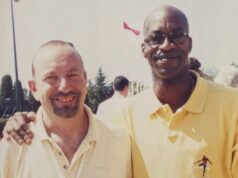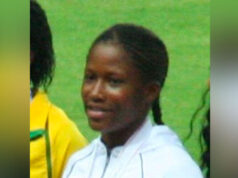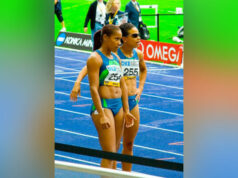By Paul Schienberg, PhD
Playing for a Cause that is Bigger than Oneself
Long after the crowd had left and the cameras had moved, a lone runner entered the stadium to complete the 26-mile-long marathon in the 1968 Mexico City Olympics. Injured earlier in the race during the fall, he stumbled along, more than an hour after the others had finished. Hurling himself to the finish line, John Stephen Akhwari of Tanzania finished dead last. But before you judge him as a loser, take careful heed of the words he uttered when asked why he did not quit earlier when he had been injured: “My country did not send me 7,000 miles to start the race. They sent me 7,000 miles to finish it.”
How many other times have we heard of athletes who push to play through and injury to finish an event and even inspire a team to victory?
In the 1972-1973 season, the New York Knickerbockers basketball team reached the 7th game of the championship finals. Their star center, Willis Reed, was not expected to play or even show up. In fact, they left him standing in his civvies as they went out of the locker room. The team was given no shot to win against the very powerful Los Angeles Lakers team. Both teams were out on the court practicing before the start of the game. The crowd was quiet expecting the worst outcome. A roar rose up from Madison Square Garden. There was Willis Reed running out to the court. He grabbed a basketball and started practicing. You could feel the energy shift in the crowd and the team. Ultimately, the Knickerbockers won the game and thereby the World Championship.
“We have all been hurt at one time or another, in one way or another, by one thing or another. Sometimes the pain is so severe that it is just too much to keep going as if nothing had happened. So, we take a breath, rest our body and mind, and pick ourselves up and go at it again. This action can rally a team of any kind.













